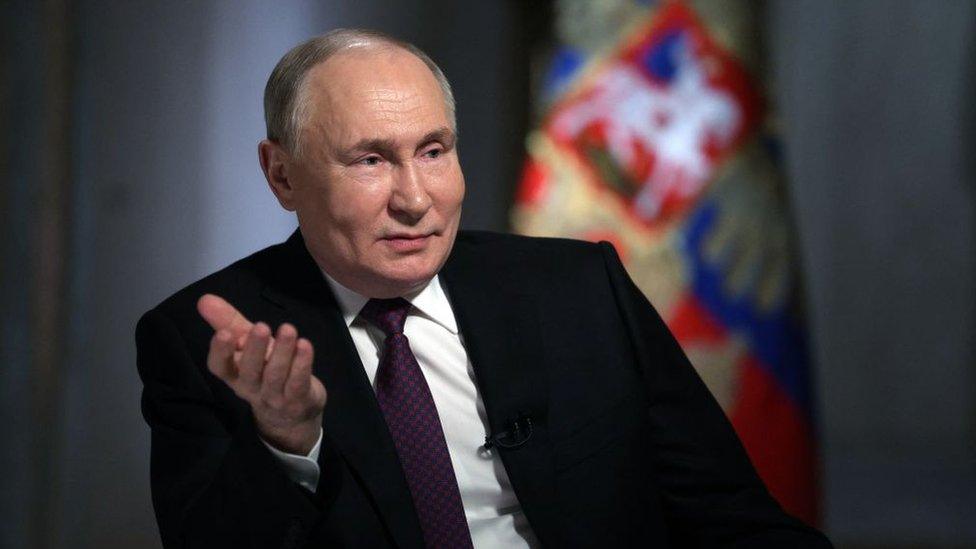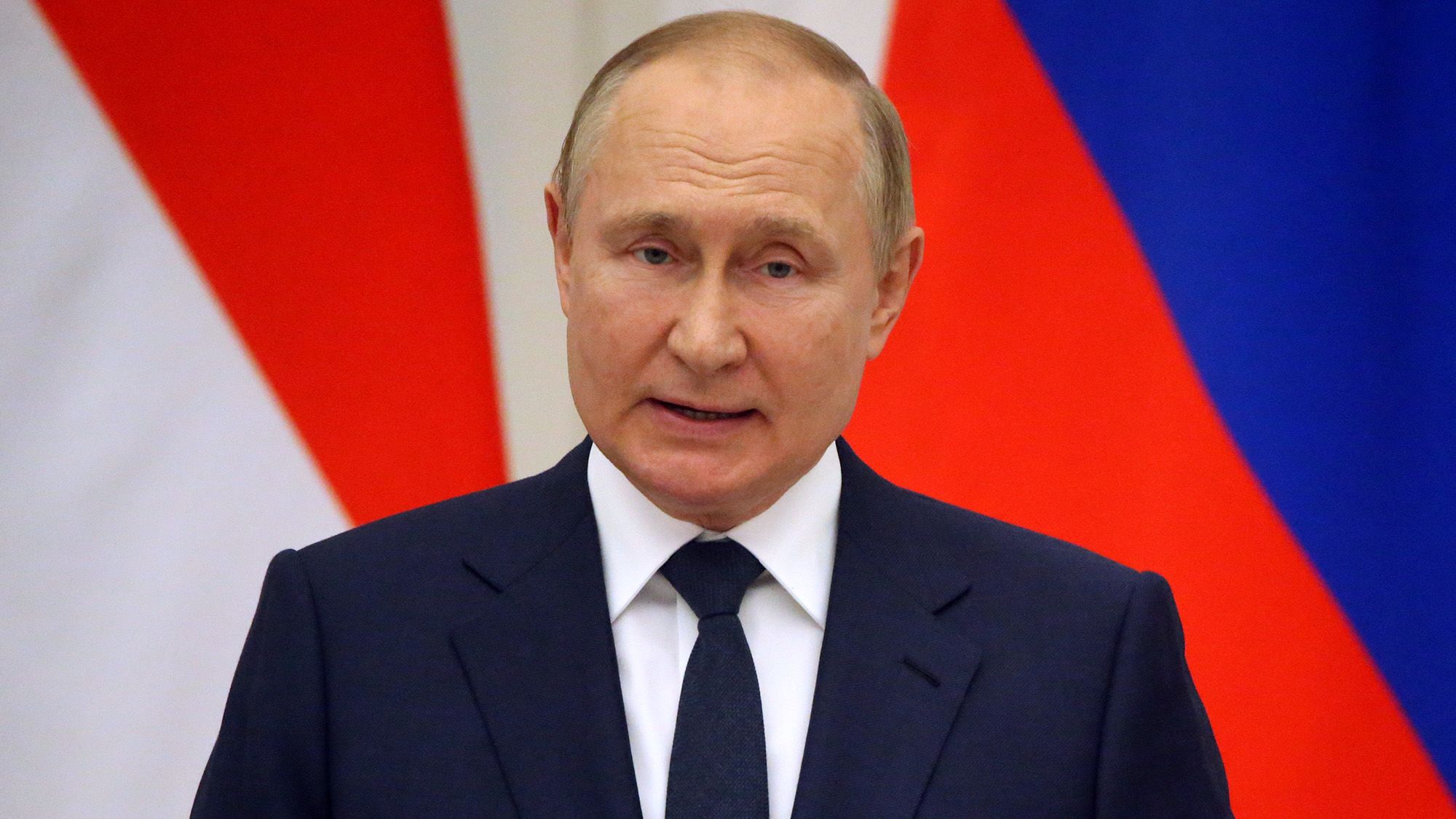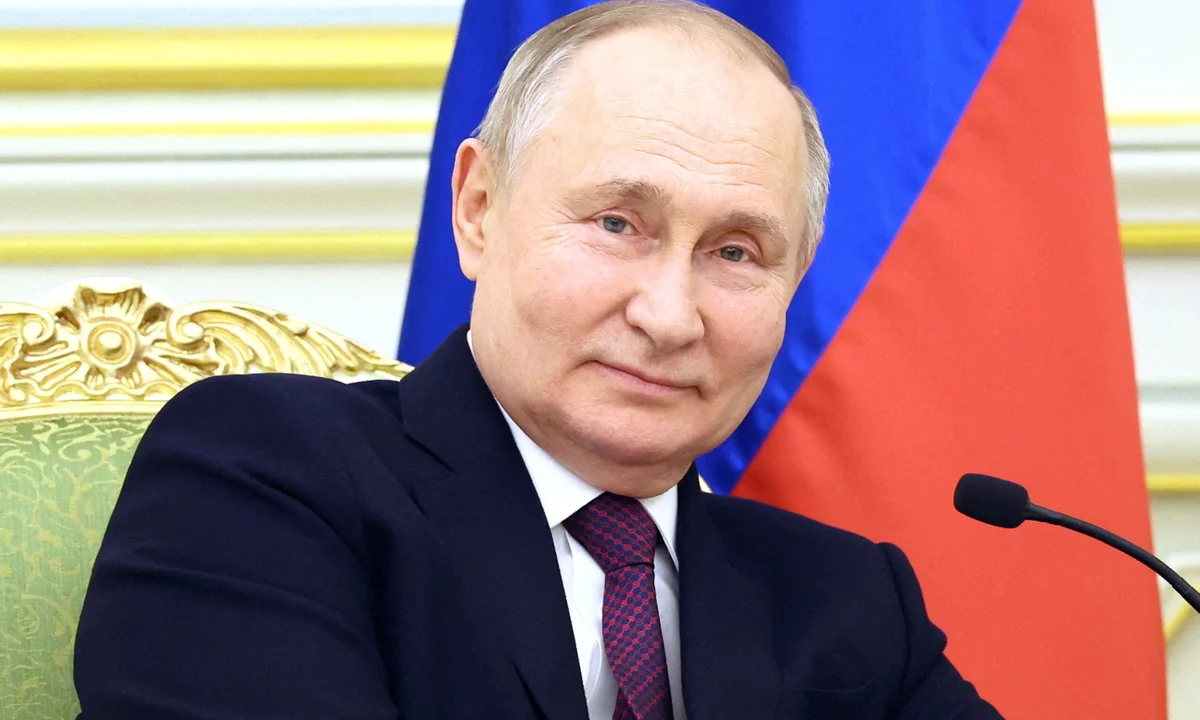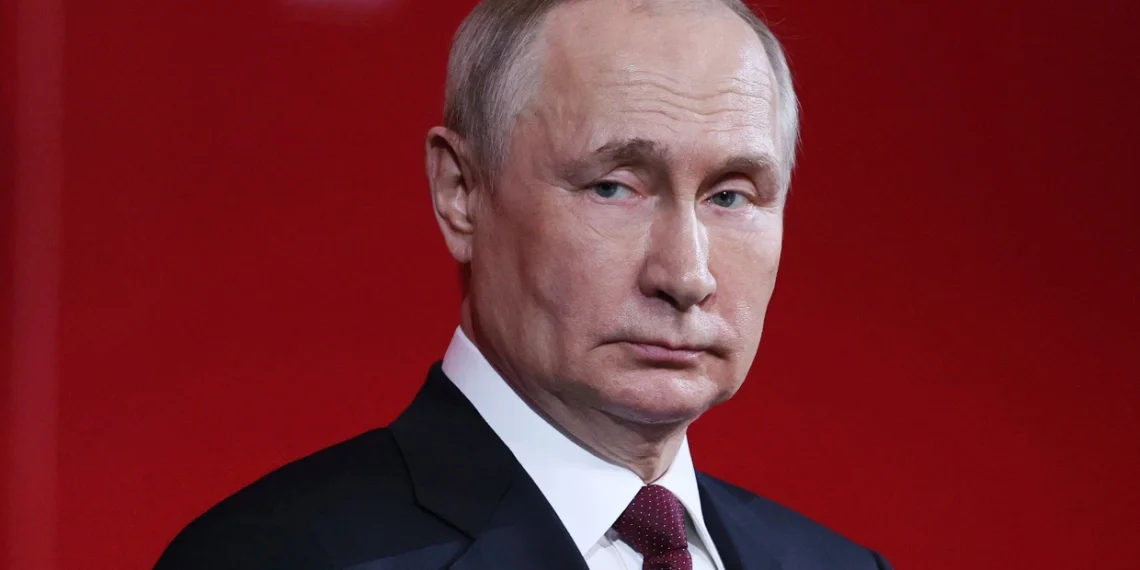Vladimir Putin is a prominent Russian politician with an estimated net worth of $70 billion. His political journey began in the early 1990s when he became Deputy Mayor of Saint Petersburg. He worked alongside Mayor Anatoly Sobchak, overseeing international relations and foreign investment. In 1999, Boris Yeltsin appointed Putin as Prime Minister of Russia, and after Yeltsin’s resignation, Putin became the Acting President of the Russian Federation.
In 2000, Putin was elected as the president of Russia and served two consecutive four-year terms until 2008. During his presidency, he focused on improving the economy, fighting poverty, and reinforcing the rule of law. He also centralized power by bringing regional governments under federal control and targeted the powerful oligarchs who rose to prominence during the 1990s. Due to constitutional limits, he couldn’t run for a third consecutive term in 2008. However, he became Prime Minister once again when Dmitry Medvedev assumed the presidency. Putin returned to the presidency in 2012 after constitutional amendments extended presidential terms to six years.

During his third and fourth terms, Putin worked on strengthening Russia’s position on the global stage. In 2014, he annexed Crimea from Ukraine, resulting in international sanctions. Putin also intervened in the Syrian conflict, supporting Bashar al-Assad’s regime. In 2020, constitutional changes allowed him to potentially remain in power until 2036. Putin’s leadership came under intense scrutiny when he oversaw Russia’s invasion of Ukraine in February 2022.
Vladimir Putin’s Hidden Fortune
Putin’s official presidential salary is $187,000 per year (approximately 5.8 million rubles). His reported income in 2012 was around 3.6 million rubles ($113,000). In public declarations, Putin states that his personal assets include $180,000 in a savings account, a few Russian cars, and a 16,000-square-foot property near Moscow. His ex-wife, Lyudmila, is said to control bank accounts totaling $260,000. Together, they have reported their combined net worth to be under $500,000.
However, critics suggest that Putin has used his political power to secretly acquire vast stakes in various multi-billion dollar companies. The most significant investments include a 4.5% stake in Gazprom, a 37% stake in Surgutneftegas, and a 50% stake in Swiss oil trader Gunvor. Gazprom generates over $150 billion in annual revenue, Surgutneftegas earns over $20 billion, and Gunvor makes $80 billion. These stakes, based on current market values, are believed to contribute significantly to Putin’s personal net worth, bringing it to $70 billion.
Early Life of Vladimir Putin
Vladimir Vladimirovich Putin was born on October 7, 1952, in Leningrad (now Saint Petersburg), Soviet Union. His mother, Maria, worked in a factory, while his father, Vladimir Spiridonovich, served in the Soviet Navy. Putin developed an interest in martial arts at a young age, learning judo and sambo, eventually achieving a black belt in judo. He also studied German at school, becoming fluent in the language.
Putin attended Leningrad State University, not Saint Petersburg University, where he earned a law degree in 1975. During his time at university, he met Anatoly Sobchak, a significant figure in his future political career. Sobchak later co-authored the Russian constitution and was a professor of business law who influenced Putin’s political trajectory.

Putin’s Political Career
After completing his law degree, Putin embarked on a 16-year career with the KGB, the Soviet Union’s security and intelligence agency. He trained at the KGB school in Leningrad and later went to Moscow for further training. From 1985 to 1990, Putin served in Dresden, East Germany, under the cover of a translator. Following the fall of East Germany, he returned to Leningrad and reconnected with Sobchak, who was now involved in politics.
Putin’s political career took off when Sobchak became the Mayor of Leningrad (later renamed Saint Petersburg). Putin was appointed as the head of the Committee for External Relations in the Mayor’s office, where he built his reputation. In 1998, President Boris Yeltsin appointed him as the Director of the Federal Security Service (FSB), which succeeded the KGB as Russia’s primary intelligence agency.
In August 1999, Yeltsin appointed Putin as Acting Prime Minister, and shortly thereafter, Putin announced his candidacy for the presidency. After Yeltsin’s surprise resignation, Putin became Acting President of Russia in December 1999. He officially became President in 2000, serving two terms until 2008. In the interim, he took the role of Prime Minister again until returning to the presidency in 2012.
Throughout his presidency, Putin has garnered significant controversy for his approach to human rights and foreign policy. He is often criticized by international leaders and political analysts for his undemocratic methods and handling of domestic and foreign issues. Despite this, he has remained highly popular within Russia. In February 2022, Putin’s invasion of Ukraine sparked widespread international condemnation and led to an expansion of sanctions.

Vladimir Putin: The Billionaire
Vladimir Putin’s wealth has long been a subject of intrigue. Reports indicate that Putin owns considerable assets through his secret business dealings, including stakes in major companies like Gazprom, Surgutneftegas, and Gunvor. These investments have played a pivotal role in contributing to his vast fortune. While Putin’s official wealth claims are modest, critics suggest that his political influence has allowed him to amass wealth that extends far beyond his publicly reported income and assets.
Personal Life and Public Image
Putin married Lyudmila Shkrebneva in 1983, and they had two daughters: Yekaterina, born in East Germany, and Mariya, born in Leningrad. The couple divorced in 2013, and the divorce was finalized in 2014. It is believed that Putin has several grandchildren.
There have been rumors regarding Putin’s personal life, including speculation about a luxurious palace and a relationship with gymnast Alina Kabaeva. However, neither has been officially confirmed, and Putin has denied reports about the relationship.
Putin’s public image is often characterized by his “tough guy” persona. He is frequently seen engaging in outdoor activities such as horseback riding, fishing, and extreme sports, sometimes appearing shirtless. His public statements, known as “Putinisms,” have also caught attention. One notable example occurred during an interview with Larry King when Putin was asked about the fate of a Russian submarine that sank. His simple response, “She sank,” became iconic.
Putin has maintained a unique, often controversial presence in the global political scene, with a personal fortune that continues to be the subject of much debate and scrutiny.




